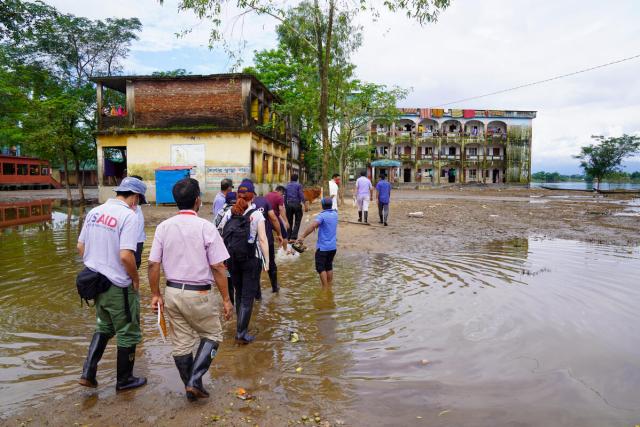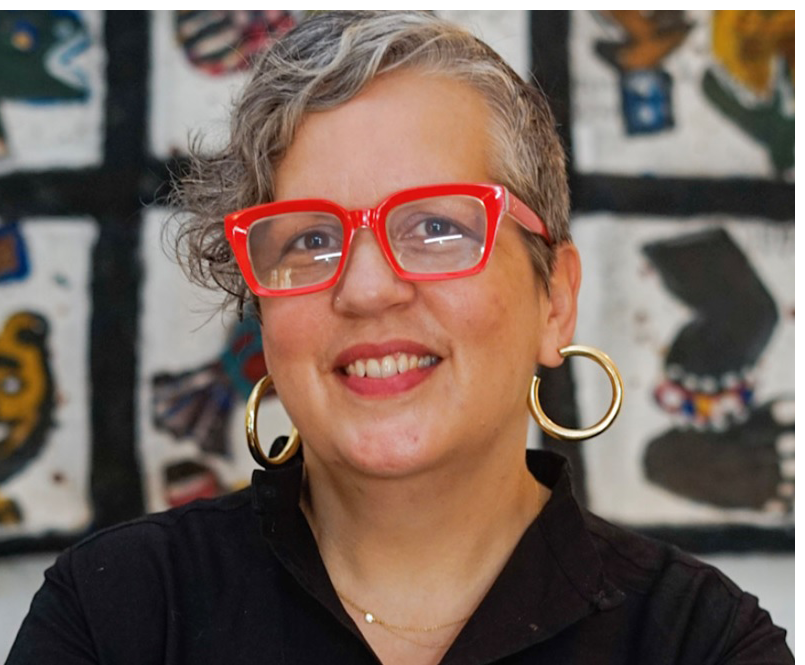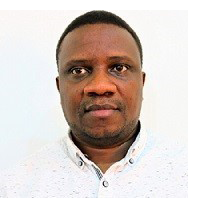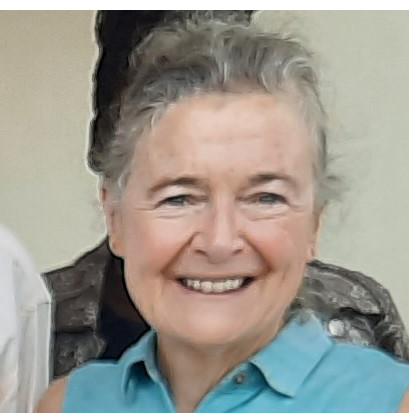Multi-Donor Funding Strategies: Leveraging Donors’ Strengths to Improve HDP Coherence

Most multi-mandate international NGOs construct country-level portfolios consisting of projects funded by a range of different donors. This practice sometimes arises from gaps in one donor’s interest or capacity, and sometimes reflects an opportunity to leverage comparative advantages to produce more coherent and responsive program portfolios. For example, some IPs have been able to implement more HDP coherent programming by layering funding from a donor with a comparative advantage in development, along with donor funding with greater emphasis on humanitarian outcomes. Multi-donor portfolios (whether as part of implementing partner portfolios or through explicitly joint financing) may provide benefits at the population level by filling critical gaps in programming. This session explored multi-donor funding strategies used by IPs to advance HDP Coherence. Specific questions addressed in this session included:
- How have multi-donor funding strategies improved HDP coherence?
- What does this look like, operationally, for country offices and within activities? What approaches can be replicated by other implementing partners and how?
- What are the operational obstacles to this approach and successful approaches to its effective use?
- What are constraints to and opportunities for multi-donor funding?
This session was hosted by Maggie Janes-Lucas, Regional Director-Sahel, Tony Blair Institute. Speakers included:
- Edwin Kuria, Director of Programming, Mercy Corps Ethiopia
- David Malual, Social Cohesion Program Manager, CRS South Sudan
- Brigid O’Connor, Chief of Party, CRS South Sudan
*This event will be in English with French interpretation*
This event was part of the thematic area: Sequencing, Layering, and Integrating Humanitarian, Development, and Peace Assistance.
View Presentation Watch Recording
- Speaker Bios
-
 Maggie Janes-Lucas is the Regional Director for the Sahel for the Tony Blair Institute for Global Change. Maggie assists Country Directors and regional institutes in the Sahel to support political leaders and governments on strategy, policy, and delivery linked with tech solutions to build open, inclusive, and prosperous societies. Her prior experience includes COP of the Sahel Collaboration and Communications Project (SCC) and various country leadership roles as Deputy Country Director, Country Director, and Senior Program Officer with Mercy Corps. Maggie also served as HIV/AIDS Deputy Team Leader with USAID Burundi and was Project Director for the Partnership for Family Health, a community-hospital consortium in New York City.
Maggie Janes-Lucas is the Regional Director for the Sahel for the Tony Blair Institute for Global Change. Maggie assists Country Directors and regional institutes in the Sahel to support political leaders and governments on strategy, policy, and delivery linked with tech solutions to build open, inclusive, and prosperous societies. Her prior experience includes COP of the Sahel Collaboration and Communications Project (SCC) and various country leadership roles as Deputy Country Director, Country Director, and Senior Program Officer with Mercy Corps. Maggie also served as HIV/AIDS Deputy Team Leader with USAID Burundi and was Project Director for the Partnership for Family Health, a community-hospital consortium in New York City.  Edwin Kuria is an experienced leader with a demonstrated history of working in the non-profit organization management industry. Edwin has worked on humanitarian and emergency programs with WVI, STC, UNICEF, and Mercy Corps. He holds a Master of Arts - Disaster Management from the University of Nairobi.
Edwin Kuria is an experienced leader with a demonstrated history of working in the non-profit organization management industry. Edwin has worked on humanitarian and emergency programs with WVI, STC, UNICEF, and Mercy Corps. He holds a Master of Arts - Disaster Management from the University of Nairobi. David Malual is the Social Cohesion Program Manager, CRS South Sudan, for the USAID- funded Pathways to Resilience. He has extensive experience in project management, peacebuilding and conflict prevention, social cohesion, and psychosocial support. Previously, he held program management positions with CRS under Resilience and Food Security Program and Conflict Early Warning and Early Response System. He is an alumnus of the Mandela Washington Fellowship for Young African Leaders, and holds a Masters in Vocational Pedagogy and Economics from Oslo Metropolitan University, and a first degree in education from Ndejje University.
David Malual is the Social Cohesion Program Manager, CRS South Sudan, for the USAID- funded Pathways to Resilience. He has extensive experience in project management, peacebuilding and conflict prevention, social cohesion, and psychosocial support. Previously, he held program management positions with CRS under Resilience and Food Security Program and Conflict Early Warning and Early Response System. He is an alumnus of the Mandela Washington Fellowship for Young African Leaders, and holds a Masters in Vocational Pedagogy and Economics from Oslo Metropolitan University, and a first degree in education from Ndejje University.  Brigid O’Connor has been a CoP in Greater Jonglei since 2011. She has forty years of experience in humanitarian and development assistance, including nineteen years cumulatively in Sudan and South Sudan. She has led Food for Peace, OFDA, OTI, PEPFAR, DFID, and EU programming in Sudan, South Sudan, and Nigeria. She also worked for the UK government in cultural affairs, access to information, education, human rights, and governance in Zambia, Nigeria, Nepal, and India.
Brigid O’Connor has been a CoP in Greater Jonglei since 2011. She has forty years of experience in humanitarian and development assistance, including nineteen years cumulatively in Sudan and South Sudan. She has led Food for Peace, OFDA, OTI, PEPFAR, DFID, and EU programming in Sudan, South Sudan, and Nigeria. She also worked for the UK government in cultural affairs, access to information, education, human rights, and governance in Zambia, Nigeria, Nepal, and India.
